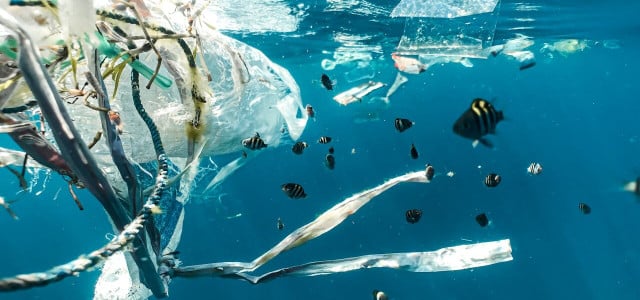Check out this engaging guide to environmental stewardship for a comprehensive overview, clear definition and real-life examples. Here’s how to care for the Earth!
Environmental stewardship is the compass guiding us toward a sustainable future, a responsibility shared by everyone, not just scientists or activists. It’s our duty as Earth’s inhabitants and protectors.
This article explores the importance of environmental stewardship today, examining how individuals, corporations, communities and governments can contribute to this shared goal. With it, we can shape a harmonious, sustainable path with nature.
What Is Environmental Stewardship?

Environmental stewardship is a holistic concept encapsulating our relationship with the natural world. It refers to responsible use and protection of the environment through sustainable practices and conservation efforts. Environmental stewards recognize the importance of preserving resources and ecosystems not just for their generation but for future ones as well.
On an individual level, this stewardship role encompasses an array of responsibilities. It’s about making mindful decisions that reduce environmental harm — whether it’s minimizing waste, reducing energy consumption or supporting renewable resources. It involves advocating for the protection of ecosystem diversity and species. And at its core, it’s about education — spreading awareness and fostering a deeper understanding of our impact on the planet.
Thus, environmental stewardship is an ethic that calls for the careful and responsible management of the resources and the environment that we have been entrusted with. It is the path towards a sustainable future where ecological balance and biodiversity are preserved and resources are used responsibly.
The Importance of Environmental Stewardship
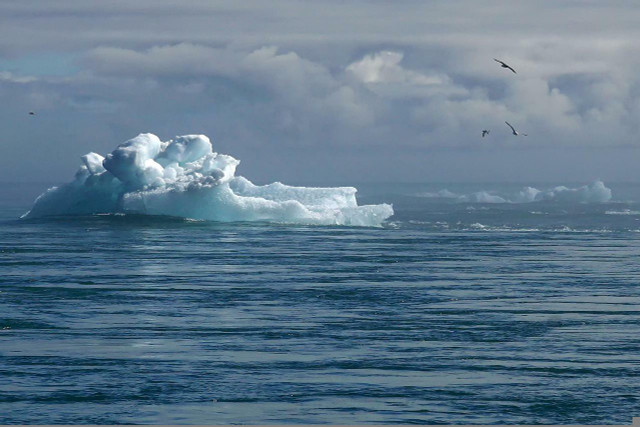


As a land management scheme, environmental stewardship centers on responsibly using and protecting the Earth’s natural resources through conservation and sustainable practices. It envisions humans as stewards, or caretakers, of the Earth, tasked with the vital duty to conserve and safeguard the environment from perils such as climate change.
According to the Intergovernmental Panel on Climate Change (IPCC), there is a 90 percent chance that the rise in global temperatures since the mid-20th century is the direct result of human activities that are escalating greenhouse gas emissions into the atmosphere. From vehicle emissions to industrial waste, there are many human activities that contribute to air pollution and climate change. Environmental stewardship is, therefore, a critical lens through which we can understand how our individual behavior affects ecosystems and wildlife.
As we face a pressing climate crisis, environmental stewardship emerges as a fundamental strategy for safeguarding our natural environment and advocating sustainable development. It promotes a deeper connection to local ecosystems and our surrounding environment, empowering us to be more conscious about our daily choices and their environmental impact.
Moreover, environmental stewardship aligns seamlessly with the UN’s 17 Sustainable Development Goals, which strive to address climate change and protect the environment alongside other societal objectives like ending poverty, reducing inequality and enhancing health and education.
Personal Environmental Stewardship: Small Steps for a Big Change
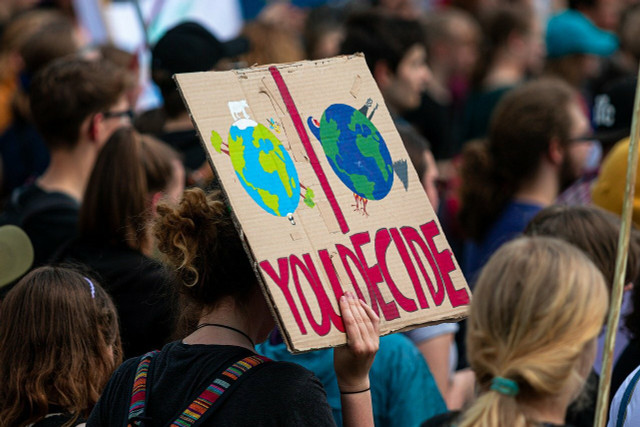


Environmental stewardship begins at home, and every individual can make a substantial difference through their daily choices and actions. Here are some ways to foster personal environmental stewardship:
- Participate in Conservation Programs: Engaging in programs aimed at preserving the Earth’s natural resources and protecting the environment is a great way to practice environmental stewardship. These programs could range from tree-planting initiatives to wildlife conservation efforts.
- Adopt a Plant-Based Diet: Our dietary choices have a significant impact on our carbon footprint — never mind the many downsides of factory farming. Plant-based diets have lower carbon footprints compared to diets with lots of meat. The benefits of going vegetarian or reducing meat consumption extend beyond personal health to environmental health as well. Read our guide How to Become Vegan: 6 Practical Tips, if you’d like to jump right into the deep end.
-
Make Sustainable Everyday Choices: Endeavor to reduce your carbon footprint by adopting sustainable practices in your daily life. This could include reducing plastic use — a critical step considering our planet currently consumes 1 million plastic water bottles per minute, with a shocking 97 percent being non-recyclable. Other options include recycling, minimizing car use to reduce carbon emissions, saving energy at home or starting composting to reduce waste.
- Interested in learning more easy ways to be more sustainable? Check out our guides:
- Join Community Projects: Active participation in community projects such as litter pick-ups or initiating a community garden can help foster sustainable development while taking care of local ecosystems and wildlife.
- Get Involved in Environmental Activism: Joining demonstrations or supporting environmental organizations can influence government actions on climate change. Your voice can be a powerful tool for demanding stronger environmental policies. You can even try microvolunteering.
Corporate Environmental Stewardship: The Role of Businesses
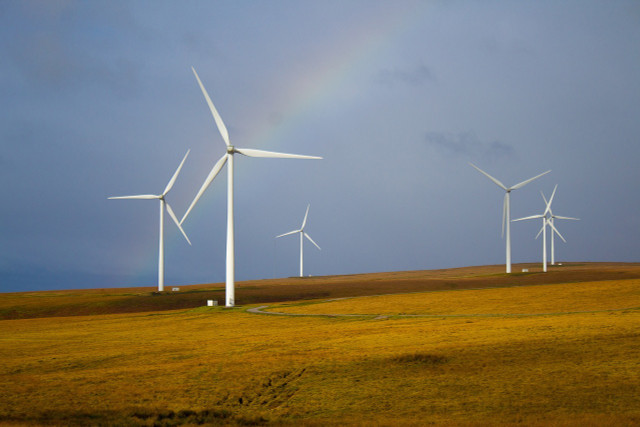


Businesses, with their far-reaching influence and resources, play a pivotal role in promoting environmental stewardship. Many corporations today recognize the importance of aligning their operations with sustainable and environmentally-friendly practices, not only for their image but also for their long-term viability.
- Adopting Sustainable Business Practices: Corporations can minimize their environmental impact by streamlining their operations and adopting greener alternatives. This can range from reducing waste, conserving water, and optimizing energy use to sourcing sustainable building materials and reducing plastic packaging.
- Green Supply Chains: Businesses can ensure environmental stewardship by working with suppliers who share the same green values, guaranteeing that their products are made in an environmentally-friendly manner from start to finish.
- Investing in Clean Technology: Corporations can harness the power of clean technology to reduce their carbon footprint. Investing in renewable energy sources, using energy-efficient machinery and developing eco-friendly products are just some of the ways businesses can contribute.
- Employee Engagement: Businesses can engage their employees in environmental stewardship by encouraging green practices at the workplace, maintaining green offices and organizing team participation in conservation projects or other environmental efforts.
- Corporate Social Responsibility (CSR) Programs: Through CSR programs, businesses can actively contribute to environmental causes and projects, demonstrating their commitment to environmental stewardship.
However, it’s essential to be aware of greenwashing — a marketing tactic used by some companies to appear more environmentally friendly than they truly are. Conscious consumers and stakeholders should remain vigilant, doing their own research to verify a company’s green claims. Responsible businesses should be transparent about their environmental impact and clear in their plans to reduce it.
Envisioning a Sustainable Future
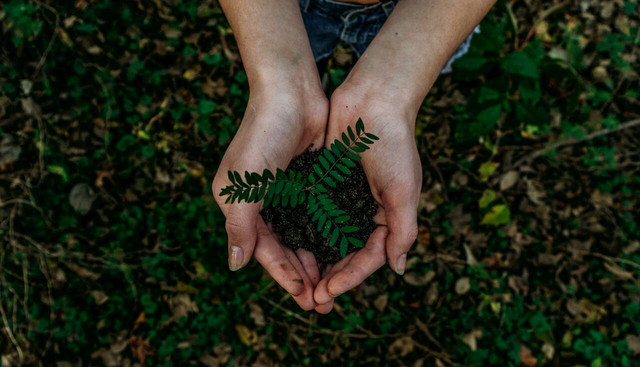


Moving forward, environmental stewardship, an essential guidepost in our shared quest for a sustainable future, will only grow in importance. It influences decisions and actions at all societal levels, from individuals to governments.
Emerging technologies offer exciting prospects for enhancing stewardship efforts, including AI recycling initiatives and smart grid energy optimization. The rise of circular economy models, focusing on waste reduction and resource regeneration, also promises significant advancements in sustainable business practices.
Education, too, plays a crucial role in instilling the spirit of environmental stewardship in future generations. By teaching the importance of ecological responsibility, we lay the groundwork for a resilient, equitable and prosperous future for all.
Check out these excellent educational resources to get started:
- The Top 16 Universities With Sustainability Programs
- 21 Must-listen Sustainability & Climate Change Podcasts
- 11 Educational YouTube Channels That Change Your Perspective
- The 8 Best Books About Climate Change
- 12 Best Picture Books About the Environment
Read more:
- Returning National Parks to Native Tribes? An Overview
- Tropical Rainforest Ecosystems: Why Are They Important?
- Save the Rainforest: 7 Things You Can Do
Do you like this post?








